Congresswoman Anna Paulina Luna Is Maxim’s November/December Cover Star
The Florida lawmaker’s all-American story is set to inspire the next generation of elected officials.
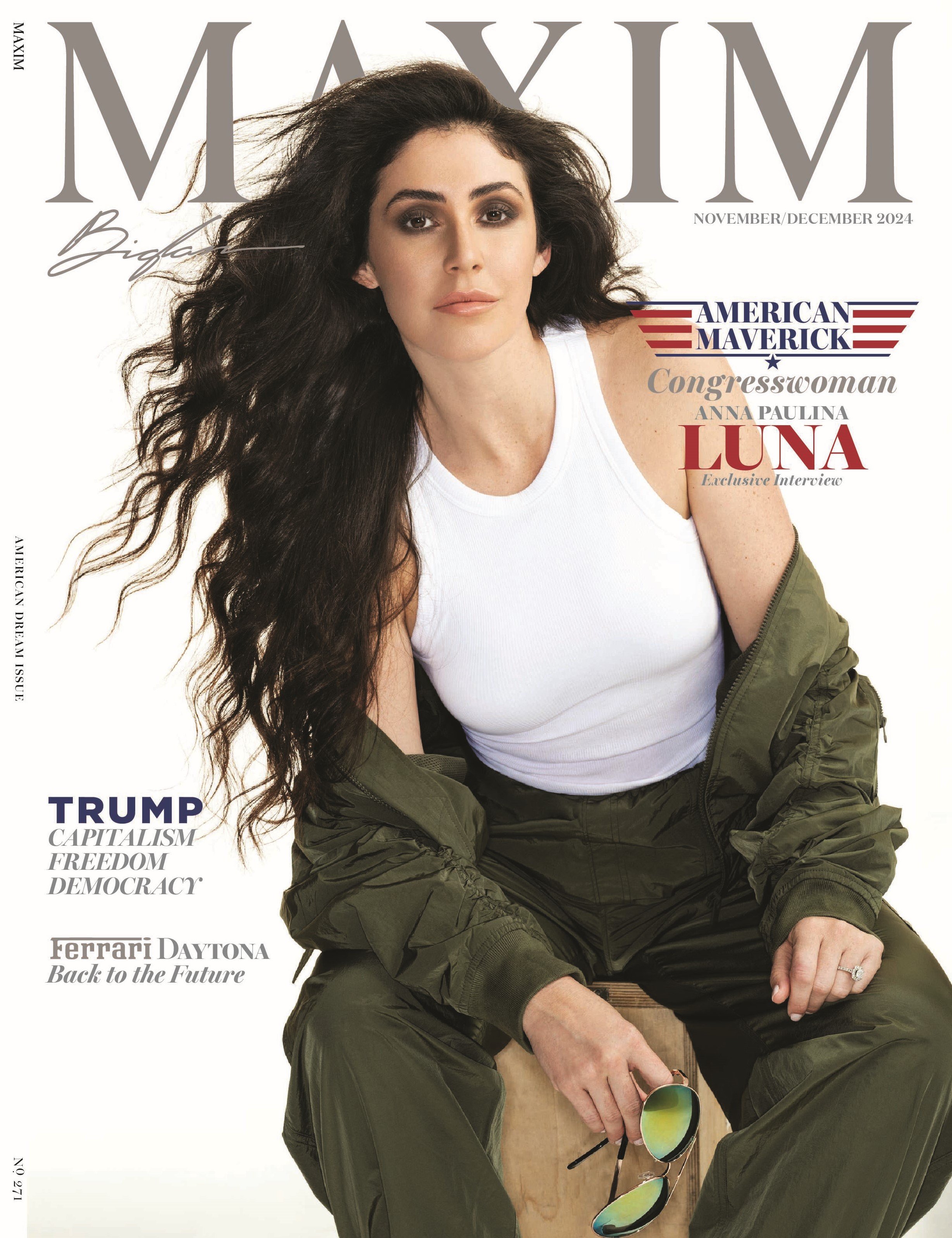
Florida Rep. Anna Paulina Luna has blazed an unlikely trail to Capitol Hill. A decade ago, she appeared as a Maxim model driving a cherry-red Chevy Nova SS. Now, at 35, she’s not only the youngest Republican in the House and the first Mexican-American representative from Florida, but she’s back in Maxim, proving that power and glamour are not mutually exclusive.
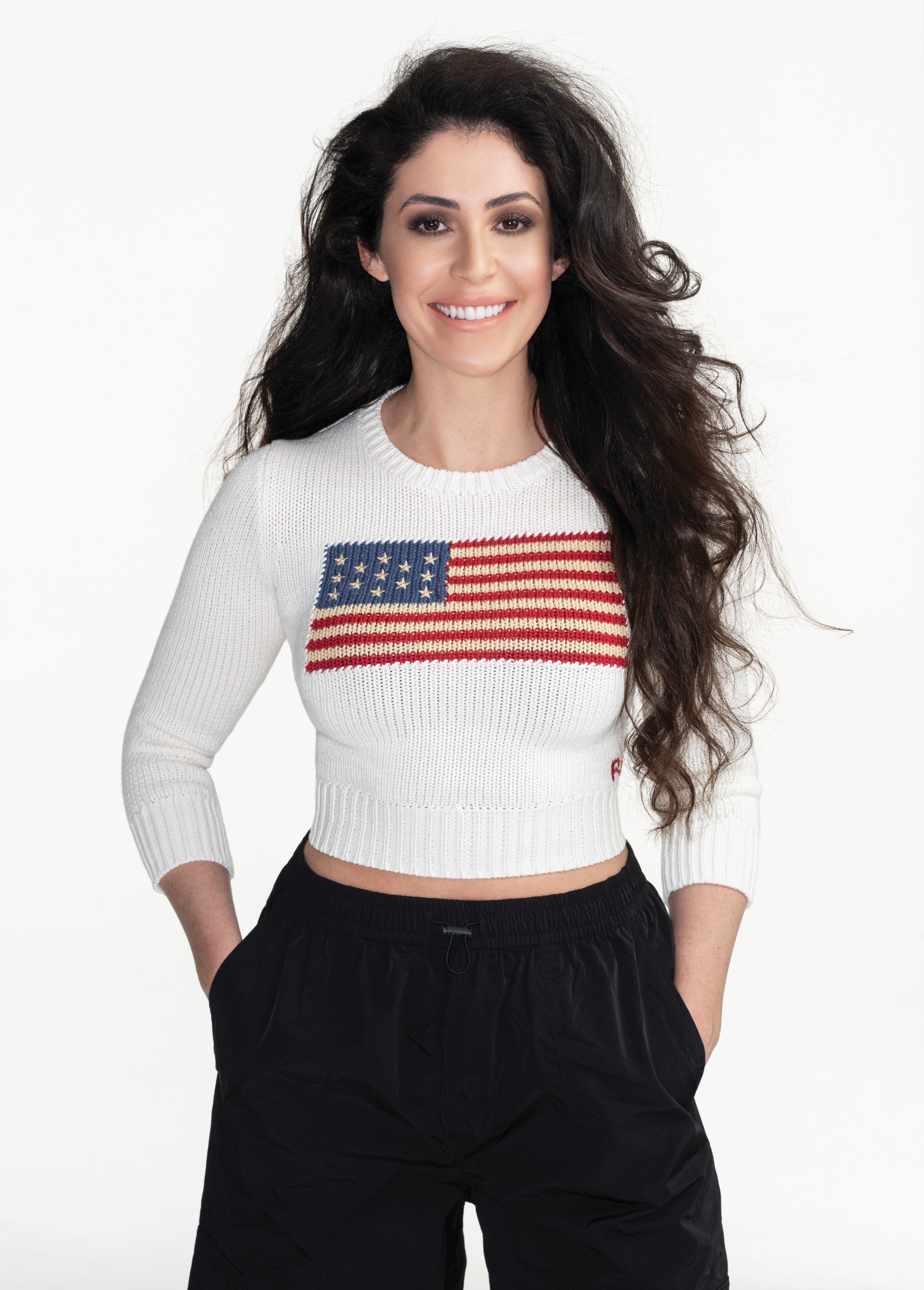
In our interview, Luna, who represents Florida’s 13th congressional district, opens up about her path from a challenging childhood to the corridors of government. She also reveals, for the first time, details about her difficult upbringing. The Congresswoman talks candidly about her military service and her unexpected foray into politics.
How would you describe your childhood?
I didn’t come from a political pedigree, money or attend an Ivy League college. My father struggled with substance abuse. He was in and out of jail until later in my teens and, at one point, became homeless. He got clean when I was a young adult, and we were able to catch up on all the time we missed. Sadly, he passed away before he could see me become a member of Congress.
My mom had me at 20. Her family had also been heavily impacted by drugs. She eventually ended up getting married, but it was an extremely abusive relationship. At one point, we tried to go to a women’s shelter with my little sister and brother, but the conditions were so unsafe that she had to bring us back home.
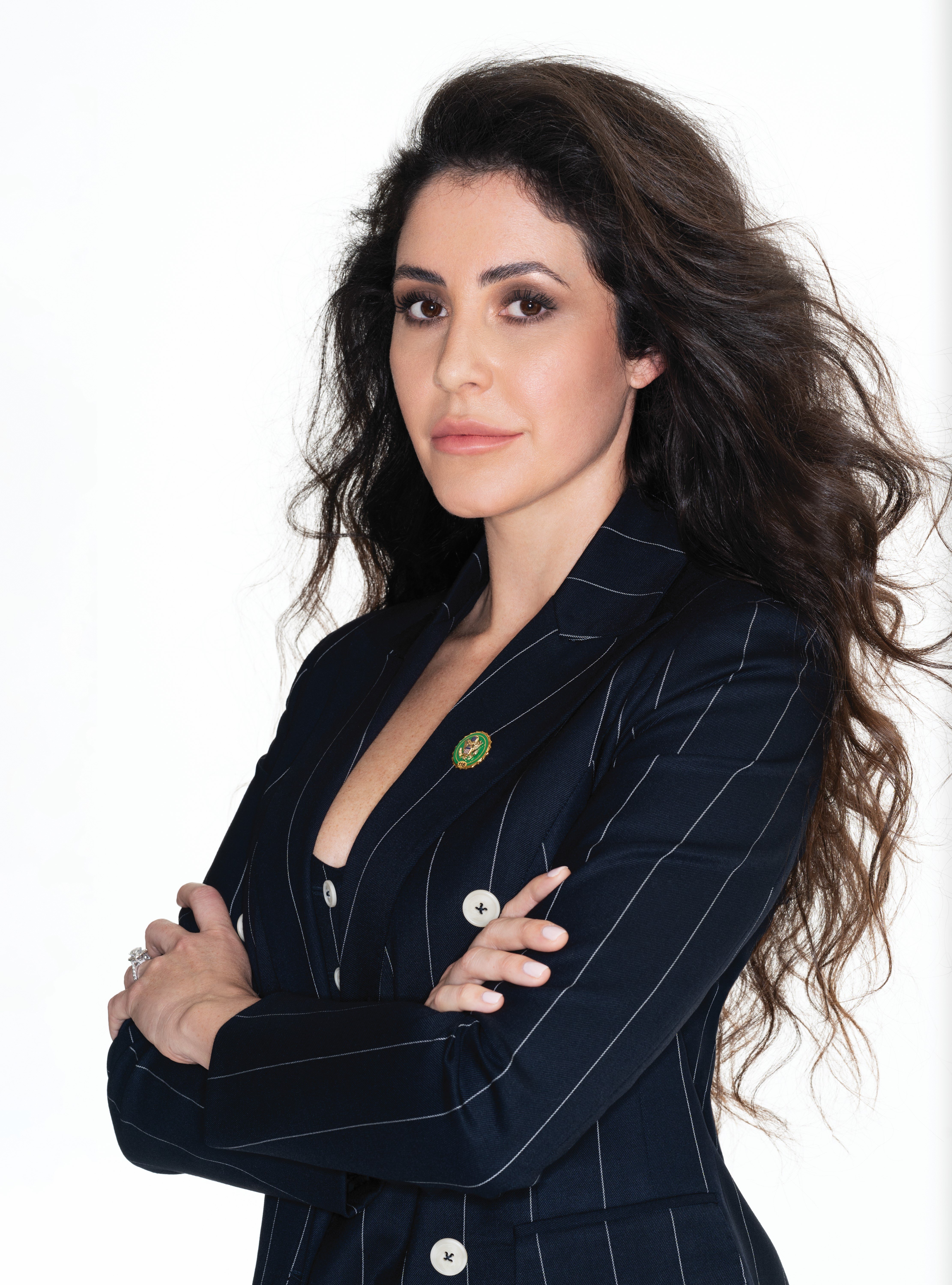
This is the first time I’ve ever publicly spoken about this. Seeing what my family went through, particularly my mom, instilled a deep desire to stand up for those being hurt and to do the right thing. My parents may not have been perfect, but I did learn from their strengths and mistakes, and I’m extremely proud of them both.
The American dream is alive and well, and I’m living proof. I tell people that you may not be able to control the circumstances in which you are born, but you can control the outcome. I had to grow up fast, but I never stopped fighting. Because of hard work and perseverance, I’m now a member of Congress.
At what point did you decide you wanted to join the military?
I went to several high schools, including one where a gang shooting occurred. I always wanted to go to college but had no idea how I was going to pay for it. One night, I went out with some friends and overheard a few guys talking about how the Marines were paying for their education. I ended up jumping into the conversation and enlisting in the Air Force. It was one of the best decisions I’ve ever made.
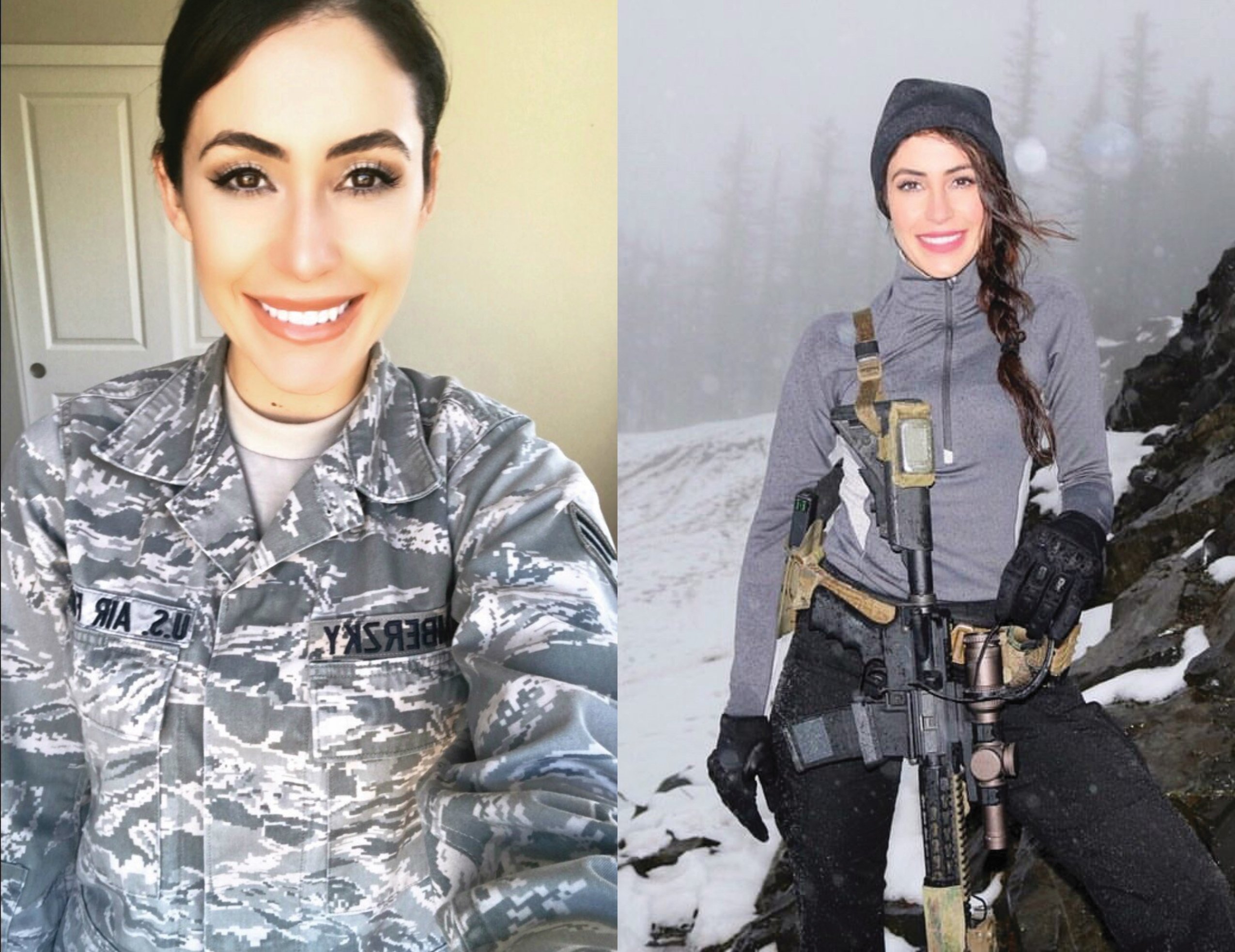
What were some of the lessons you took from the military?
First, the concept of “total and complete ownership.” The mission always comes first, and the commanding officer is entirely responsible for the mission’s success and failure. I also learned direct communication and delegation of authority. I run my office very similarly to how a base is run—top-down delegation of authority. However, I would never ask my staff or “troops” to do something I wouldn’t do alongside them. We’re a team, and there must be team cohesion to have a successful unit and, in my case, a congressional office. Lastly, I learned to never quit. I wasn’t successful during my first campaign; however, I didn’t give up. When I was elected this cycle and flipped a seat, it was all because I never quit. Failure is never an option.
What led you to become a Maxim model?
At the time, there was this idea that women in the military couldn’t be feminine. I wanted to help shatter the narrative and decided to join the Maxim model competition [in 2014]. I had also received permission to do it from the public affairs office at the Pentagon, so it seemed like the military also wanted help breaking the stereotype. I ended up getting into the magazine and still have that issue to this day!
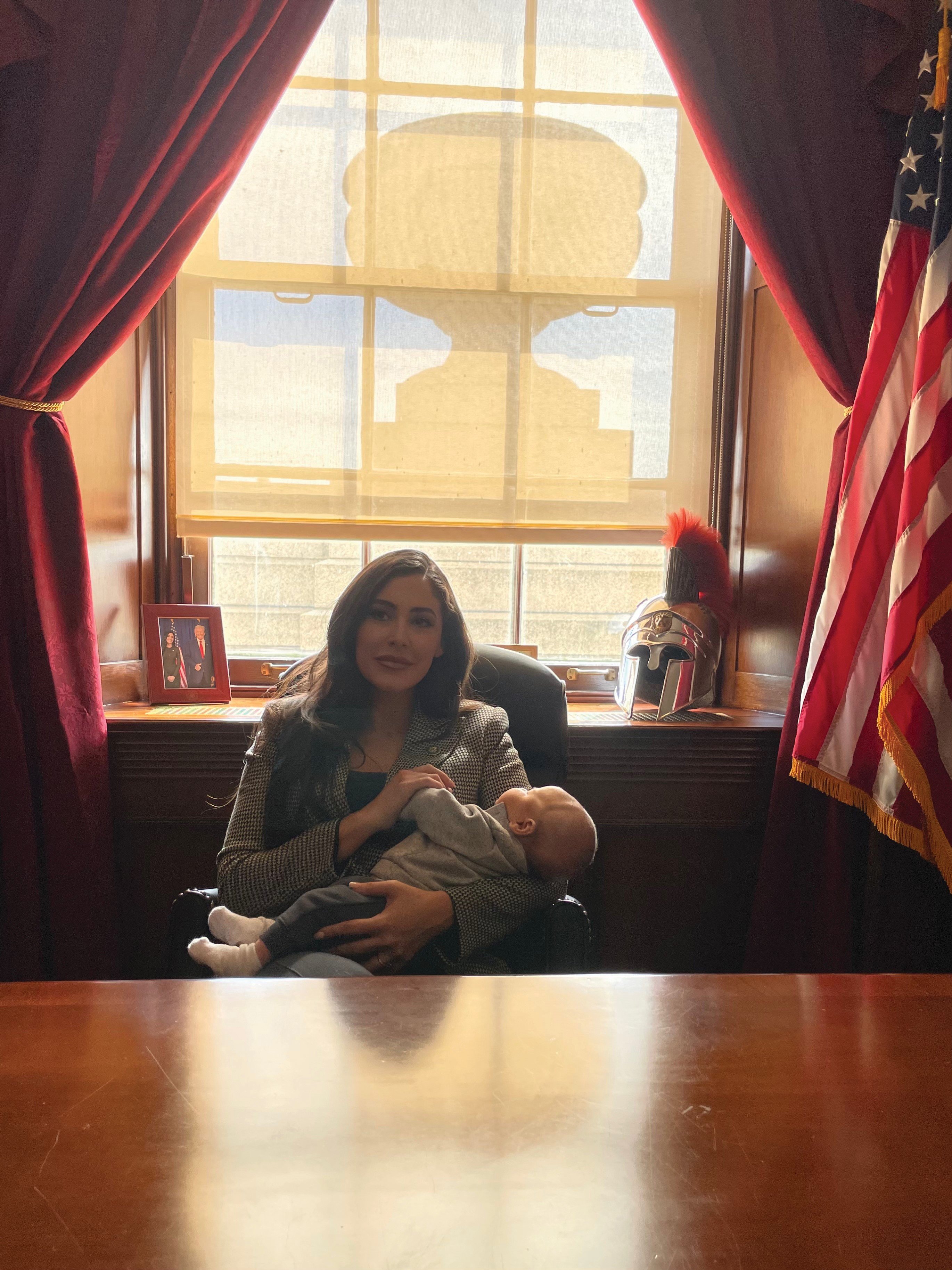
What ultimately drove you to politics and public service?
In 2018, I got out of the military. I was on track to go to medical school, and during my gap year, I started volunteering for an organization that counters child sex trafficking. I quickly realized that there was a direct correlation between an open Southern border and increased cases of child trafficking. At that point, I became politically active as I realized that many people were uninformed about what was happening. I realized that to change the national narrative and to try to solve the issue, I would have to run for office. There’s not exactly a manual on how to do that, but I figured it out. This job is not easy, but it’s extremely rewarding. I know that I’m already having an impact on foreign policy and our military and raising awareness to stop crimes against children.
Most people play it safe, but you’re not afraid to tread where others fear. Why do you think there are so few politicians like you?
On both sides, there are politicians who are content with being elected and not making waves because they want to maintain their position in office and make reelection easier. Those people are why we’re currently facing some of the problems we have, whether it’s regarding foreign policy, the national debt or a decline in military recruitment.
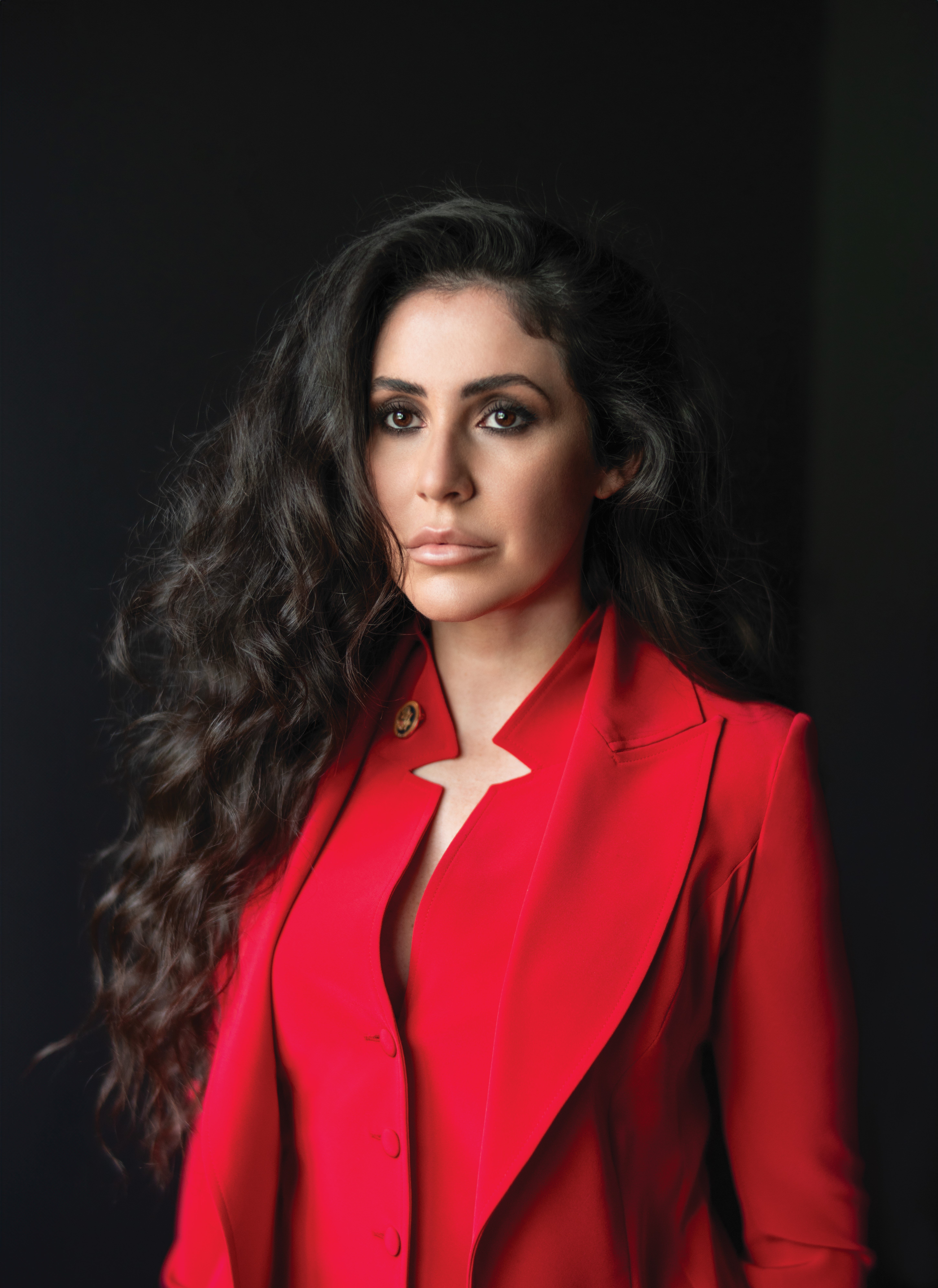
I knocked on 50,000 doors and made more than 90,000 phone calls during my first election. Almost everyone I spoke to had lost faith in politicians, and I kept hearing: “Please don’t become a part of the problem,” or “I trust you to do the right thing.” So I promised myself and my constituents when I got elected that I would represent them and fulfill my campaign promises.
I realize that it comes with a price, though. When I first got elected, there was a well-known left-leaning outlet that tried to smear me. They even went so far as printing lies that they later had to retract. However, the silver lining in all of it was that after this political hit piece, Time magazine did a deep dive into my bio and found out I was telling the truth. They then named me to the TIME100 “Next” list as one of the most influential leaders in the world.
What has surprised you most about the world of politics?
How quickly things leak to the press! I remember when I first got elected, we were in a closed-door session to talk about the election of the next Speaker of the House, and no press was allowed. After the meeting, I headed back to my office, and before I could even let my chief of staff know what had happened, he asked me about a conversation in the meeting. I later found out that someone was leaking information to the press. News travels at lightning speed in Washington, and the press is everywhere.
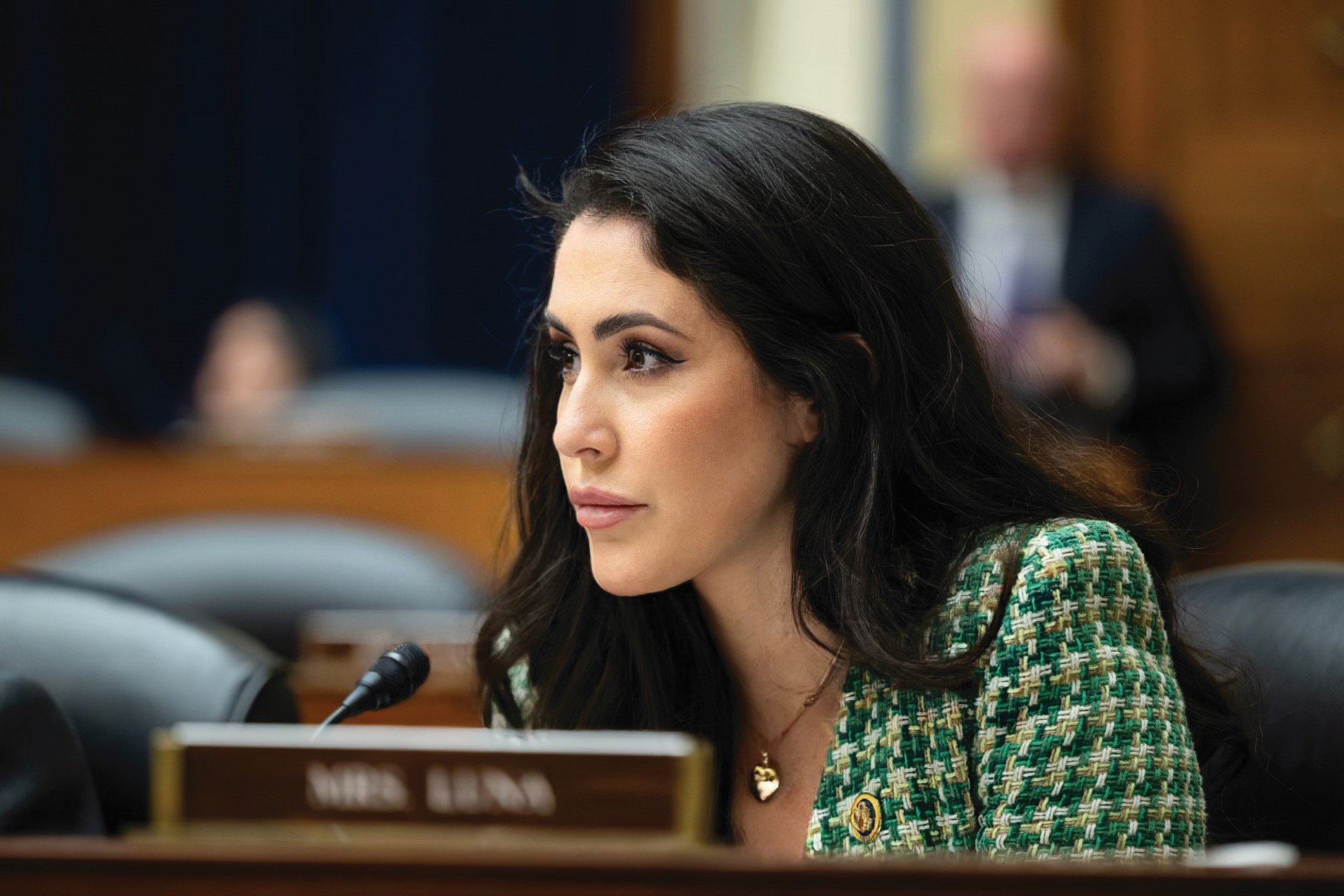
There’s so much bias and propaganda masquerading as news. What do you think has led us to this?
It seemed like during the Obama years, the media began to be openly involved in propaganda. This largely increased when Donald Trump decided to run for president in 2015. The mask of the legacy media was removed and exposed for what it really was. Then, social media started to push out legacy media. With censorship isolating viewpoints and preventing dialogue, I believe this led to polarization. I know certain platforms were censoring because I investigated them and saw clear evidence as a congressional investigator on House Oversight. However, being a public figure and elected official makes it hard to combat slander and defamation as we don’t have the same protections as a private citizen would.
Donald Trump is the most successful political entrepreneur of our generation. What are some things you’ve learned from him?
I’ve known President Trump for four years. There are four things I’ve learned from him: First, always do what you think is right for the people you serve, even if it means going against the grain and sometimes your own party. The Washington, D.C. elite is real, and when it comes to fixing a broken system, being an outsider is not a bad thing.
Second, the best deal comes at the eleventh hour. I’ve learned a lot from listening to him talk about interactions with foreign leaders and dealing with brokering trade deals. Honestly, he’s made me a better negotiator.
Next, stay focused. Don’t drink. Don’t smoke. Have a clear head.
Finally, don’t forget the personal touch. Behind closed doors, he’s the most hospitable and caring person I’ve ever met. His family adores him, and so does his staff. He has personal friendships with many members of Congress and the Senate and does little things to stay in touch, such as writing letters and making calls.
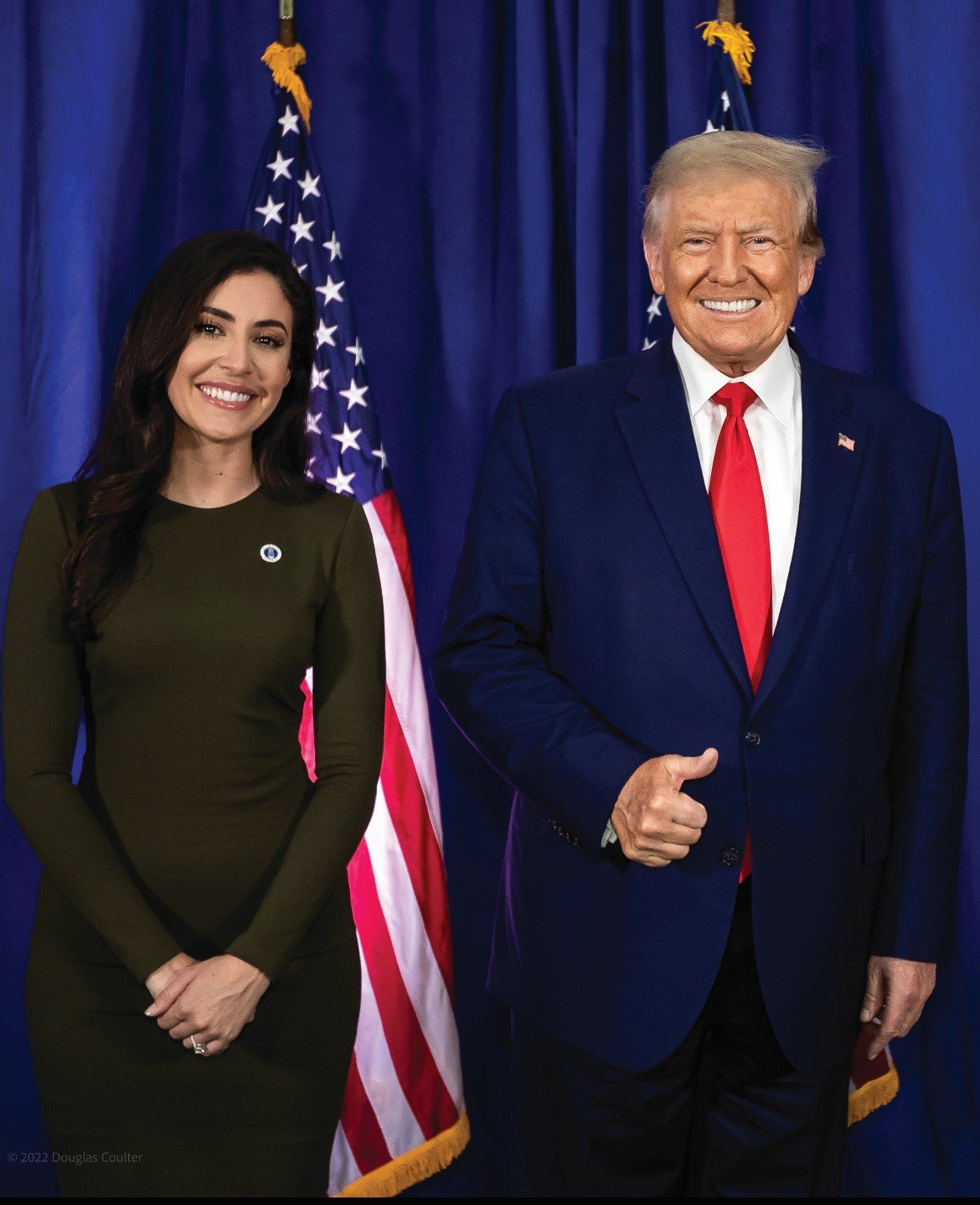
What’s your favorite car and why?
The INEOS Grenadier! I’ve always been into exploring the outdoors and used to own a Jeep. The make of their 4×4 is impressive A majority of the vehicle is analog. It’s like being in a jetliner with the interface.
What’s your favorite firearm?
I currently own and carry a 9mm SIG Sauer P365. Of all the firearms I’ve shot and practiced on, this is the most user-friendly and reliable. I had someone break into my home when I was stationed in Missouri, and it wasn’t until I got my concealed carry permit that I felt safe again. I carry it every day.
Who’s a better shot, you or your husband, Andrew?
I’m actually a pretty good shot, but in all honesty, he’s better. Andrew was a U.S. Air Force combat controller and went to sniper school. Combat controllers are some of the most highly trained military special operators in the Department of Defense, so he has had a bit more range time. [Laughs]
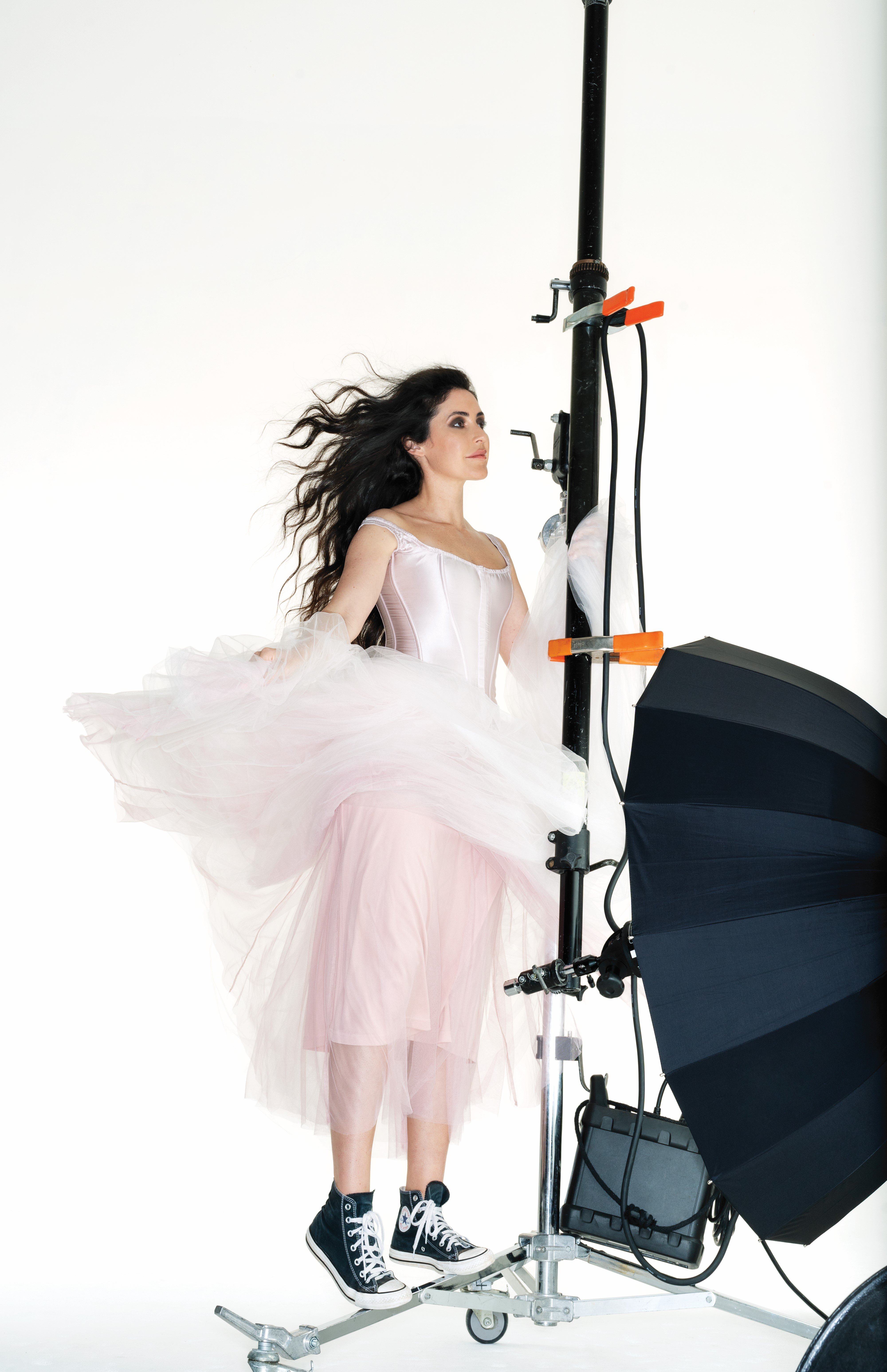
What music do you like to listen to?
I’m a big fan of Led Zeppelin. “When the Levee Breaks” is one of my favorite songs, but my Spotify playlist includes everything from Max Richter to J. Cole to Artemas.
If you could travel anywhere in the world, where would it be?
The historical archives at the Vatican.
Will you let Maxim be the first to know when you run for president of the United States?
Of course…if I do. But right now, I’m focused on representing the amazing people of Pinellas County and Florida’s 13th congressional district.
This article appears in our November/December 2024 issue. Click here to subscribe to Maxim magazine.
